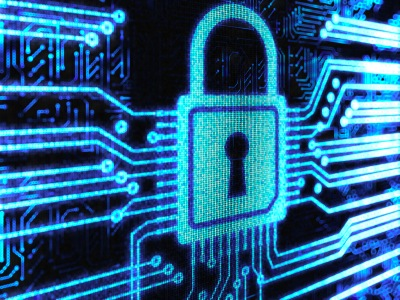U.S. Bill Will Allow Feds to Read Your E-mail Without Warrants
The United States government is set to vote on an e-mail privacy bill which, if passed, will enable government agencies to read Americans' e-mails without warrants.
CNET learned that Patrick Leahy, the Democratic chairman of the Senate Judiciary Committee, has changed his initial legislation due to law enforcement concerns. A vote on his bill is due to take place next week.
The rewritten bill would essentially give more than 22 agencies (such as the Securities and Exchange Commission and the Federal Communications Commission) direct access to Americans' e-mail.
However, they'd also be allowed to view users' Google Docs files, Facebook wall posts and Twitter direct messages without the need for a search warrant. The FBI and Homeland Security in particular will be given more authority in terms of obtaining full access to internet accounts without notifying a judge nor the owner.
One participant partaking in Capitol Hill meetings based on the topic in question stressed that Justice Department officials expressed their dissatisfaction in regards to Leahy's original bill.
Associate deputy attorney general James Baker has warned that the requirement of receiving a warrant to obtain e-mails could have an "adverse impact" on criminal investigations.
Meanwhile, Christopher Calabrese, the legislative counsel for the American Civil Liberties Union, added that having access to Americans' data without a warrant "undercuts" the intended purpose of Leahy's initial bill. "We believe a warrant is the appropriate standard for any contents."
Get Tom's Hardware's best news and in-depth reviews, straight to your inbox.
Markham Erickson, a lawyer located in Washington, has followed the topic since its inception and spoke for himself and not his corporate clients when stressing his worry over government agencies receiving more power.
There is no good legal reason why federal regulatory agencies such as the NLRB, OSHA, SEC or FTC need to access customer information service providers with a mere subpoena. If those agencies feel they do not have the tools to do their jobs adequately, they should work with the appropriate authorizing committees to explore solutions. The Senate Judiciary committee is really not in a position to adequately make those determinations.

Zak Islam is a freelance writer focusing on security, networking, and general computing. His work also appears at Digital Trends and Tom's Guide.
-
makaveli316 Poor american people...Hitler was a joke comparing to nowadays "leaders"... and it will only get worse.Reply -
Dangi 1986 and Big Brother are closer than you think for you americans, and for the rest of us is also comingReply -
memadmax All this will do is accelerate development of "underground" internet type hardware/software...Reply
Politicians are only good at spending money, they should stay there... -
tokencode Please try to stay relevant Tom's....Reply
CNET
News
Politics and Law
Leahy scuttles his warrantless e-mail surveillance bill
Leahy scuttles his warrantless e-mail surveillance bill
After public criticism of proposal that lets government agencies warrantlessly access Americans' e-mail, Sen. Patrick Leahy says he will "not support" such an idea at next week's vote. -
We should demand in return to have all of congress to have their private messages open to the public, all to see. Tit for tat.Reply
-
Good luck with that, some of us encrypt our stuff with so many VPNs and by other means its not worth their time to look at my stuff. Smarter than any government fresh out of college kid snooping around. Get real!Reply
-
dextermat Anyway unless your a pirate or a terrorist: who cares about pointless chain letters, private discussion about family gathering and such. If you have something to hide and put it in email... I think you deserve to be caught.Reply -
rantoc Things like this will only make everyone encrypt their personal emails ect and when 99% of everything is decrypted where are the "bad" messages in that mass? Wouldn't it simply be more productive to leave it as is and have a way easier time to find the encrypted messages that are likely to contain the bad stuff?Reply
Politicians of today - Vote for things they know nothing about....
